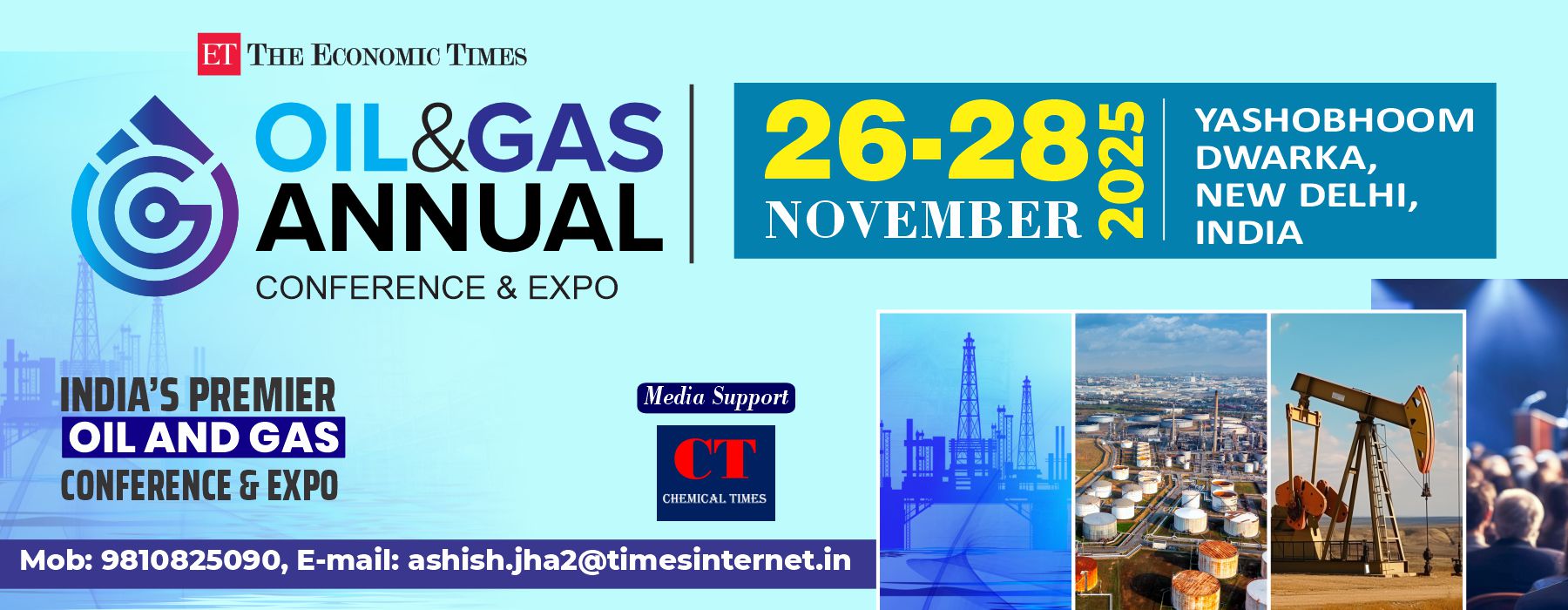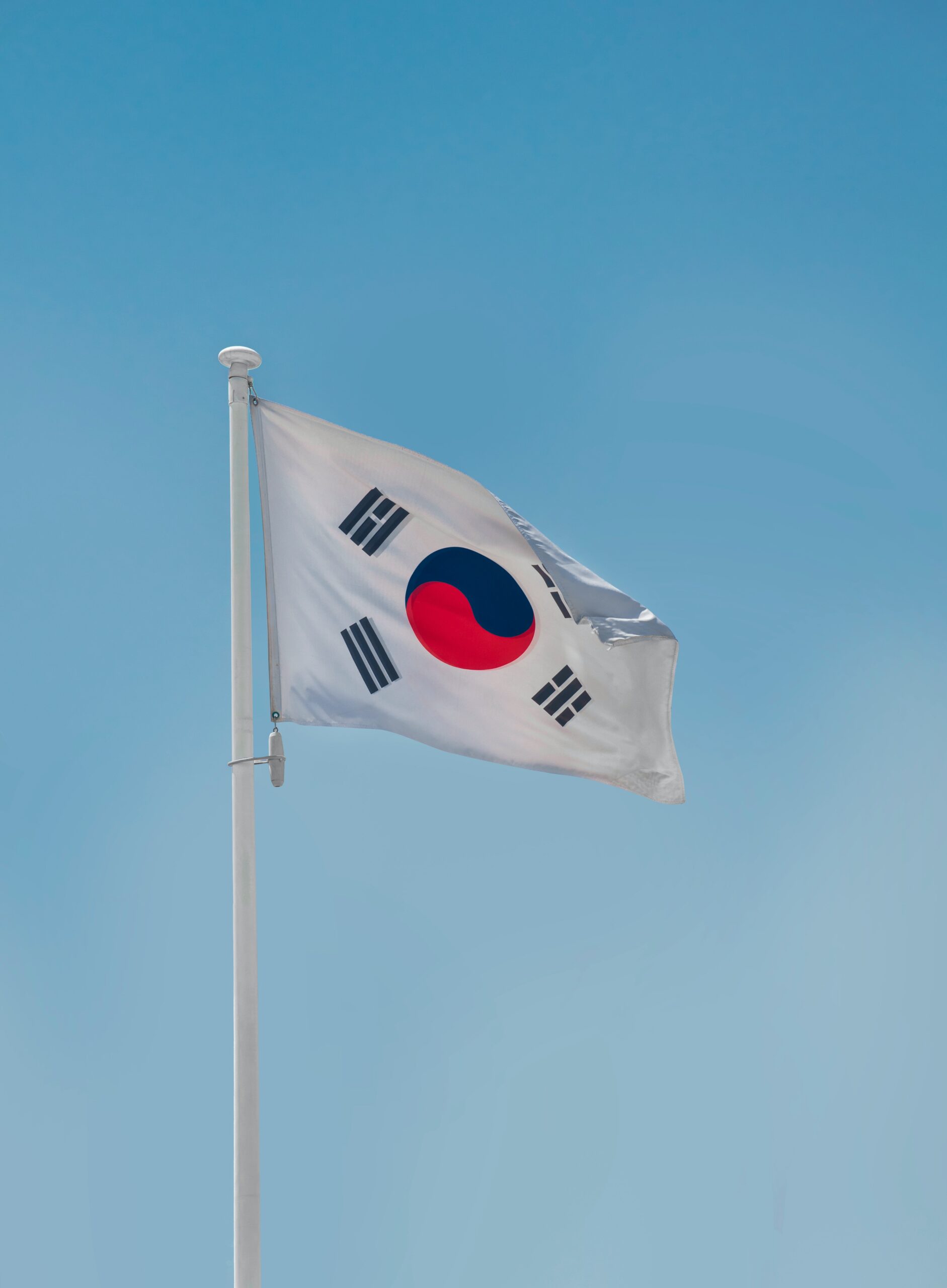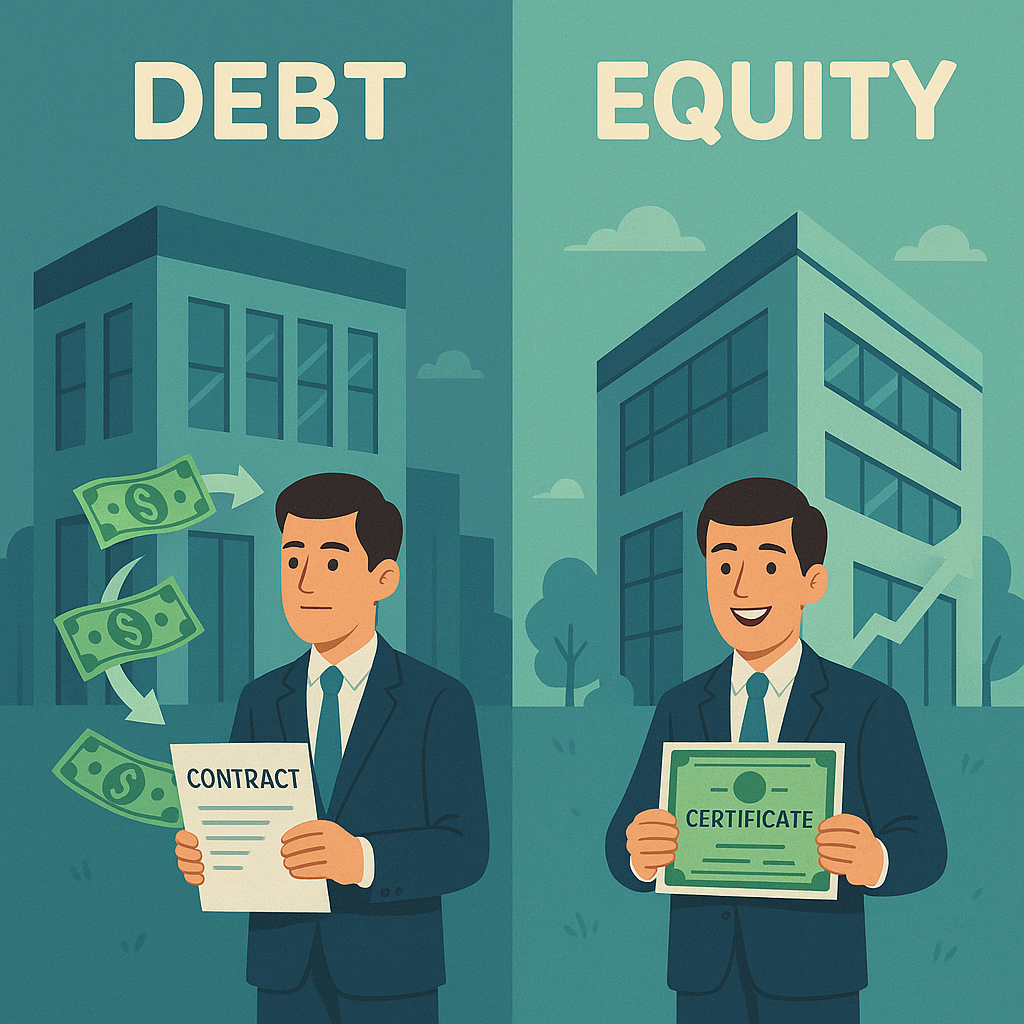Introduction:
South Korea, a vibrant and technologically advanced country in East Asia, offers numerous opportunities for professionals in various fields, including chemical engineering. While considering a career move to South Korea, it’s crucial to understand the average living costs to plan your finances effectively. This article aims to provide an in-depth analysis of the expenses a chemical engineer may encounter while living in South Korea, including accommodation, utilities, food, transportation, healthcare, and entertainment.
- Accommodation:
One of the significant expenses in South Korea is accommodation. The cost of rent can vary based on the city and the location within that city. Major cities like Seoul and Busan tend to have higher rent prices compared to suburban areas. For a one-bedroom apartment in the city center, you can expect to pay an average monthly rent ranging from 800,000 KRW to 1,500,000 KRW (approximately $700 to $1,300 USD). However, it’s important to note that there are more affordable options available in suburban areas if you are willing to commute.
- Utilities:
Utilities such as electricity, water, heating, and internet are essential for comfortable living. On average, a small apartment’s monthly utility costs can range from 150,000 KRW to 200,000 KRW (approximately $130 to $175 USD). It’s advisable to factor in these expenses while budgeting for your monthly living costs.
- Food:
South Korea is renowned for its diverse culinary offerings, and eating out is an integral part of the country’s culture. The cost of dining out at local restaurants can vary depending on the type of establishment and the area. A meal at an inexpensive restaurant can cost around 6,000 KRW to 15,000 KRW (approximately $5 to $13 USD). However, to save money, many people opt for cooking at home. Buying groceries can cost approximately 300,000 KRW to 400,000 KRW (approximately $260 to $350 USD) per month, depending on your dietary preferences and shopping habits.
- Transportation:
South Korea boasts an efficient and well-connected public transportation system. The cost of transportation primarily depends on your commuting needs. Monthly transportation expenses, including subway or bus fares, typically range from 50,000 KRW to 100,000 KRW (approximately $40 to $90 USD). South Korea’s reliable transportation infrastructure makes it convenient and affordable for chemical engineers to commute to their workplaces.
- Healthcare:
South Korea has a universal healthcare system that ensures access to quality medical services. The cost of health insurance can vary depending on your income and employment status. Employers generally cover a portion of the insurance premiums, making it more affordable for professionals. It’s advisable to inquire about the specific health insurance policies and coverage provided by your employer before relocating to South Korea.
- Entertainment and Leisure:
When it comes to entertainment and leisure activities, South Korea offers a wide range of options. From visiting historical sites to enjoying K-pop concerts, there is something for everyone. The cost of entertainment can vary based on your preferences. While it’s possible to find affordable options, budgeting around 200,000 KRW to 300,000 KRW (approximately $175 to $260 USD) per month for leisure activities is a reasonable estimate. It’s essential to strike a balance between exploring the vibrant culture and managing your expenses effectively.
Conclusion:
Understanding the average living costs is crucial for chemical engineers considering a move to South Korea. While the country offers a high standard of living and exciting career opportunities, it’s important to plan your finances effectively. Accommodation, utilities, food, transportation, healthcare, and entertainment are the key expenses to consider.
In South Korea, the cost of accommodation can vary significantly depending on the city and location. Additionally, utilities such as electricity, water, heating, and internet should be factored into your budget. Food costs can be managed by dining out or cooking at home, with groceries being a more cost-effective option. The country’s efficient public transportation system provides affordable commuting options for professionals. Universal healthcare ensures access to quality medical services, with health insurance costs varying based on income and employment. Lastly, entertainment and leisure activities can be enjoyed while staying within a reasonable budget.
It’s essential to conduct thorough research and consider your personal circumstances and the specific city you plan to reside in. By planning and budgeting effectively, chemical engineers can make the most of their experience living and working in South Korea while maintaining a comfortable lifestyle.







